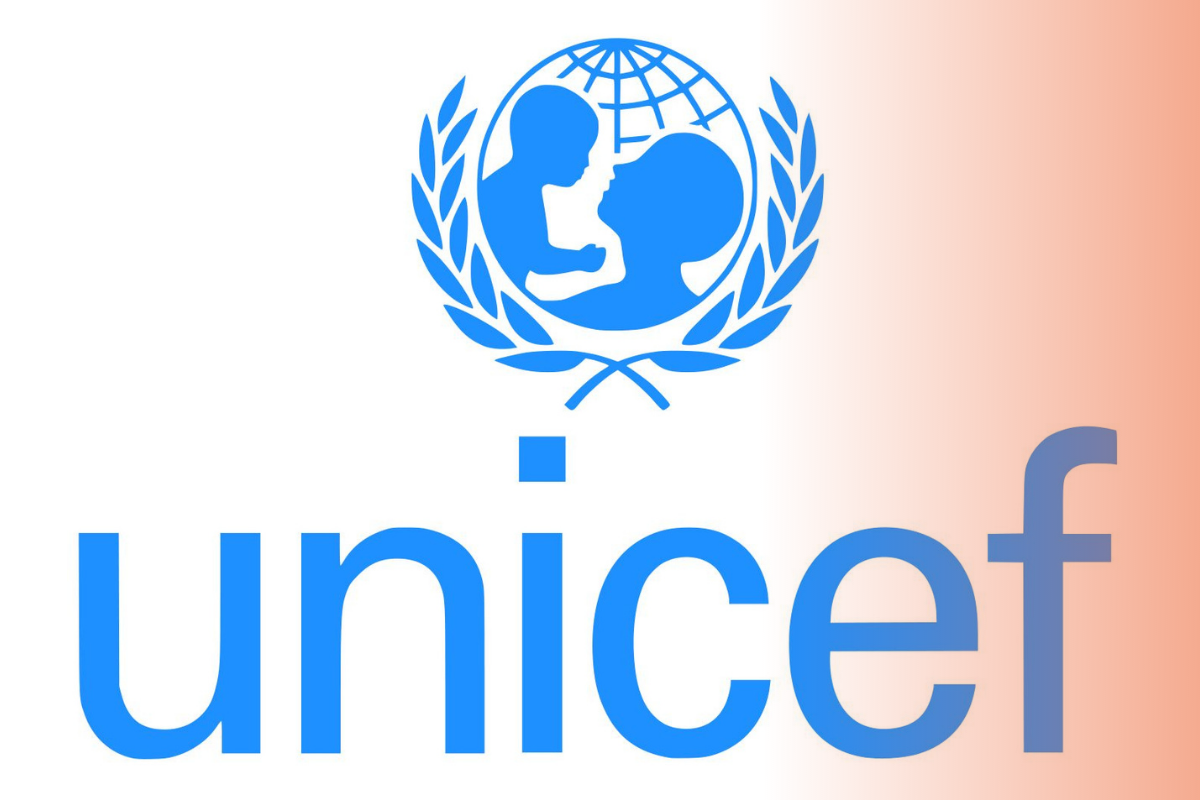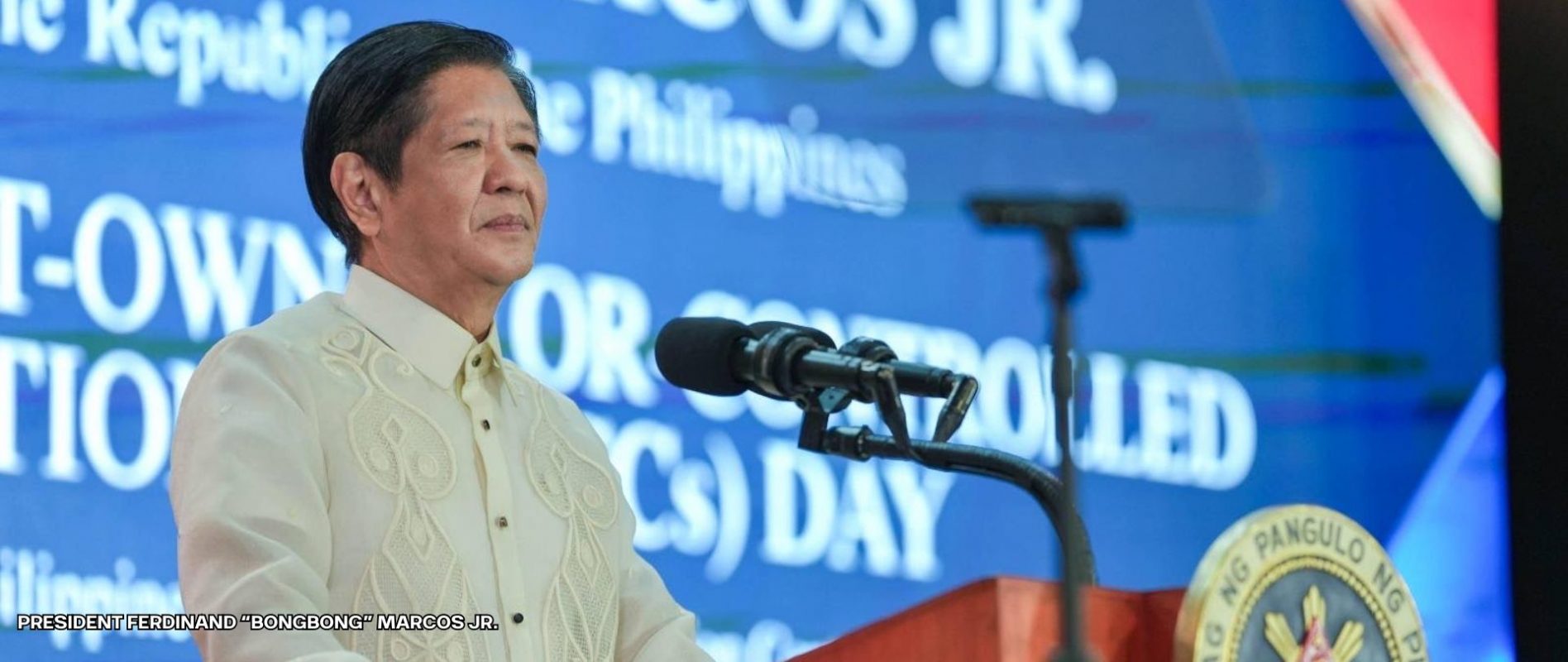UNICEF LAUDS PASSAGE OF LAW RAISING AGE OF SEXUAL CONSENT FROM 12 TO 16
THE UNITED Nations Children’s Fund commended the Philippine government for passing a law raising the age of sexual consent from 12 to 16.
On March 4, President Rodrigo Duterte signed Republic Act 11648 or the Special Protection of Children against Abuse, Exploitation, and Discrimination Act.
The new law, which amended RA 7610, increases the age for determining the commission of statutory rape in a bid to provide stronger protection for children against sexual abuse and exploitation.
RA 11648 also exempts minors engaging in consensual sexual activity from criminal liability if their age difference is not more than three years. The sexual act must also be non-abusive and non-exploitative.
“The passage of this legislation is an essential step towards fulfilling children’s rights to protection from sexual violence, abuse and exploitation, regardless of their sex, orientation and gender identity and expression,” UNICEF said in a statement.
The agency pointed out that it has previously voiced concerns over the “alarmingly low” age of sexual consent in the country.
“The age of consent was the lowest in Asia and one of the lowest in the world, leaving children in the Philippines vulnerable to abuse and exploitation,” it said.
Aside from increasing the age of sexual consent, Unicef stressed that the law has also equalized the protection for victims of rape (regardless of gender) and adopted a “close in age exemption” to avoid criminalizing adolescents of similar ages for consensual sexual activity.
It said the law also tasked public and private educational institutions to teach their staff in identifying, responding to, and reporting rape and other sexual offenses.
“For public and private institutions engaged in the education, training, and care of children to ensure that their curriculum for continuing staff development include plans and learning sessions on the scope of their duties and responsibilities in identifying, responding to and reporting rape and other sexual offenses,” Unicef said.
“The Department of Education is also asked to include in the basic education curriculum the rights of children in relation to this Act. Such lessons are asked to be age-appropriate so this can be understood by all learners,” it added.
Unicef also pledged to remain committed in supporting the government in creating a safe environment for children.
“Unicef will remain steadfast in supporting all efforts of the Philippine Government, especially the key actors in the implementation of this Act, to ensure the stringent enactment of this new law as we continue our work towards the complete eradication of all forms of violence against children in the Philippines,” it said.














